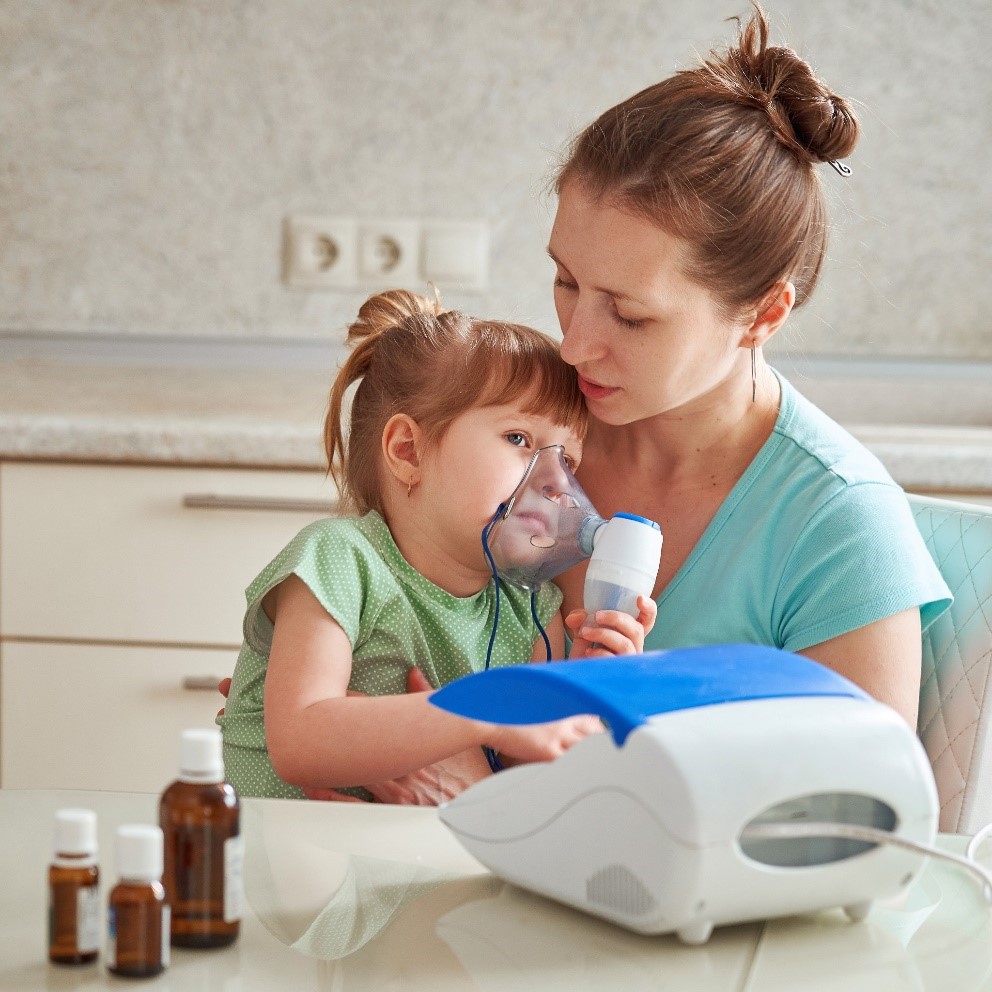Asthma Education and Self-Management: Empowering Patients for Better Control

Asthma can be a frightening condition, but it need not control a patient’s life. According to a study published by the National Library of Medicine, healthcare professionals are the best equipped to educate asthma patients on self-management and control of their condition. This can be done through normalizing a life that includes asthma through improved communication between patients and healthcare professionals.
In this article, Monica Kraft formerly of Duke University and the University of Arizona discusses asthma education and self-management to improve quality of life of patients and allow a patient to have more control over their asthma. This also enhances patient-healthcare professional relationships.
Asthma Education
Asthma is not a disease that one must suffer through with a sense of isolation or loneliness; in fact, about 1 out of every 13 people in the United States has asthma.
The initial stride towards empowering individuals with asthma is to explain in a very clear way what drives asthma and what scenarios cause symptoms. Open communication about what symptoms and signs a patient might experience followed by an explanation of why these happen can greatly improve understanding of the disease.
A Dive into the Condition
Healthcare professionals can do a lot of good by simply clearing up confusion for patients who have asthma and making sure they understand their options. For example, one of the first and perhaps most foundational facts about asthma is that it is often a life-long condition. However, this does not mean asthma will be severe throughout life, Asthma can develop in childhood and improve during teenage years and not recur in adulthood. In some, it may return in adulthood or begin in adulthood.
Asthma affects the airways which provide oxygen to the body. These airways can become red and swollen after exposure to irritants such as exercise, air pollution, smoke, perfumes/strong odors, allergens, viruses or bacteria causing them to become narrowed. This leads to the typical symptoms of chest tightness, cough and wheeze. The degree of narrowing is variable and depends upon the type of exposure. When the airways become very narrowed, this could cause an asthma attack. Healthcare professionals should assist patients to understand the early signs and symptoms of airway narrowing so appropriate medications can be given to avoid an asthma attack.
Therefore, it is important for asthma patients to have an action plan. They should know from their healthcare provider which medication to take, how to take it, and when it is best taken. They should be made to feel very comfortable with using this medication, especially an inhaler. There are two types of inhalers: one for acute airway narrowing (called a rescue inhaler) – a bronchodilator (example: albuterol) to take as needed when symptoms occur, and a second medication called a controller which is taken every day to reduce redness and swelling on a daily basis (example: inhaled corticosteroids). How and when to take these inhalers should be discussed in detail with your healthcare provider to determine your particular action plan.
With a plan in place, a patient need not stress about the possibility of suffering the worst symptoms of asthma. Instead of resisting activities that might be considered potential triggers, they can act with confidence while knowing what to do in the event of an attack.
When asthma patients begin to understand that they are not the only ones fighting this condition, and that they can be on the lookout for triggers, they can begin to feel empowered for better control.

In Conclusion
Asthma education is the first step in a patient’s self-management, which empowers them to take control of the disease. Though there are many misconceptions surrounding asthma, once these are cleared up and a patient understands their options for treatment and self-care, they can begin experiencing a sense of control with their disease and can live a very normal life.